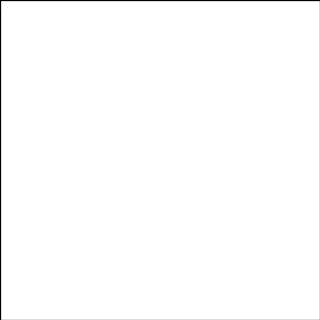NE257P Novolac Epoxy Primer Acid Chemical Resistant
NE257P is a two component novolac epoxy primer with exceptional resistance to a variety of chemicals, solvents and acids designed for application as part of a protective coating system where splash and spills of acids, chemicals, and solvents occur.
NP257P offers high solids, good substrate penetration and low odor. The NE257P primer reduces air release generation from the substrate when applying higher solids novolac topcoats such as NE253 and NE253SL. Recommended for priming concrete and cement substrates prior to applying other novolac topcoats. This will result in fewer surface imperfections in high build and self leveling type coating.
Available in 1 quart kit, 3/4 gallon kit, 1.5 gallon kit, 3 gallon and 15 gallon kits and three colors: light gray, medium gray and tile red options.
PRIMER: None required
TOPCOAT: Many novolac products are suitable including our NE253 Novolac Epoxy and NE253SL Novolac Epoxy Slurry
Where is the NE257P used?
- Chemical process plants
- Pulp and paper mills
- Food processing
- Gas processing
- Power generation
- Sewage and water treatment
- Battery charging stations
- Mining industry
- Manufacturing plants
- Chemical storage areas
- Areas subject to chemical exposure
- Warehouse loading dock areas
- Concrete and brick surfaces subject to chemical spill and splash conditions











